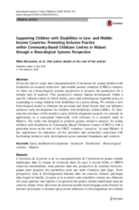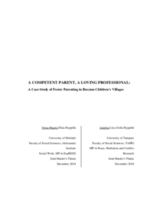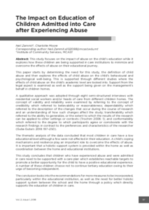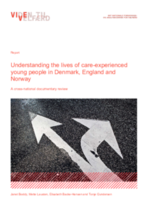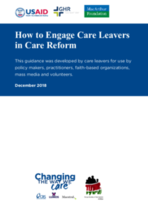Prevention of psychological distress and promotion of resilience amongst unaccompanied refugee minors in resettlement countries
As increasing numbers of Unaccompanied Refugee Minors (URM) are arriving in Europe, there is a need to investigate which factors promote psychological resilience and improve their mental health. This review aims to identify preventive post settlement influences, including living arrangements, access to mental health services and effective treatments that may improve mental health outcomes.

